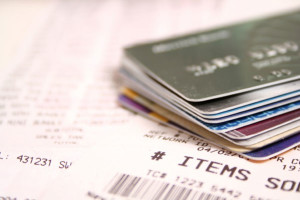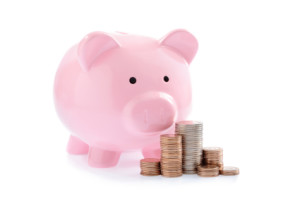 Today’s top story: Consumers have a powerful tool in credit card chargebacks. Also in the news: Credit card trends for 2017, how to stay on budget and still have a social life, and deducting your student loan interest.
Today’s top story: Consumers have a powerful tool in credit card chargebacks. Also in the news: Credit card trends for 2017, how to stay on budget and still have a social life, and deducting your student loan interest.
Consumers Have Powerful Tool in Credit Card Chargebacks
When to dispute a charge.
4 Credit Card Trends for 2017 and What They Mean for You
Going back to basics.
Ask Brianna: How Can I Stay on Budget and Still Hang Out?
You don’t have to give up your social life.
PSA: Don’t Forget to Deduct Your Student Loan Interest
Deducting every penny possible.
 Today’s top story: Creating a budget isn’t as scary as it sounds. Also in the news: How filing separately could give some couples a lower tax bill, the history of the credit card, and how to protect your family business during a divorce.
Today’s top story: Creating a budget isn’t as scary as it sounds. Also in the news: How filing separately could give some couples a lower tax bill, the history of the credit card, and how to protect your family business during a divorce.  Today’s top story: NerdWallet’s best credit card tips for February. Also in the news: How to cope with delayed tax refunds, brick and mortar stalwarts close as e-commerce thrives, and free online classes to improve your financial literacy.
Today’s top story: NerdWallet’s best credit card tips for February. Also in the news: How to cope with delayed tax refunds, brick and mortar stalwarts close as e-commerce thrives, and free online classes to improve your financial literacy.  Today’s top story: Credit score companies ordered to pay millions in refunds. Also in the news: How the Trump presidency will impact housing, how to refresh your finances in the new year, and how to become an extreme saver in 2017.
Today’s top story: Credit score companies ordered to pay millions in refunds. Also in the news: How the Trump presidency will impact housing, how to refresh your finances in the new year, and how to become an extreme saver in 2017.